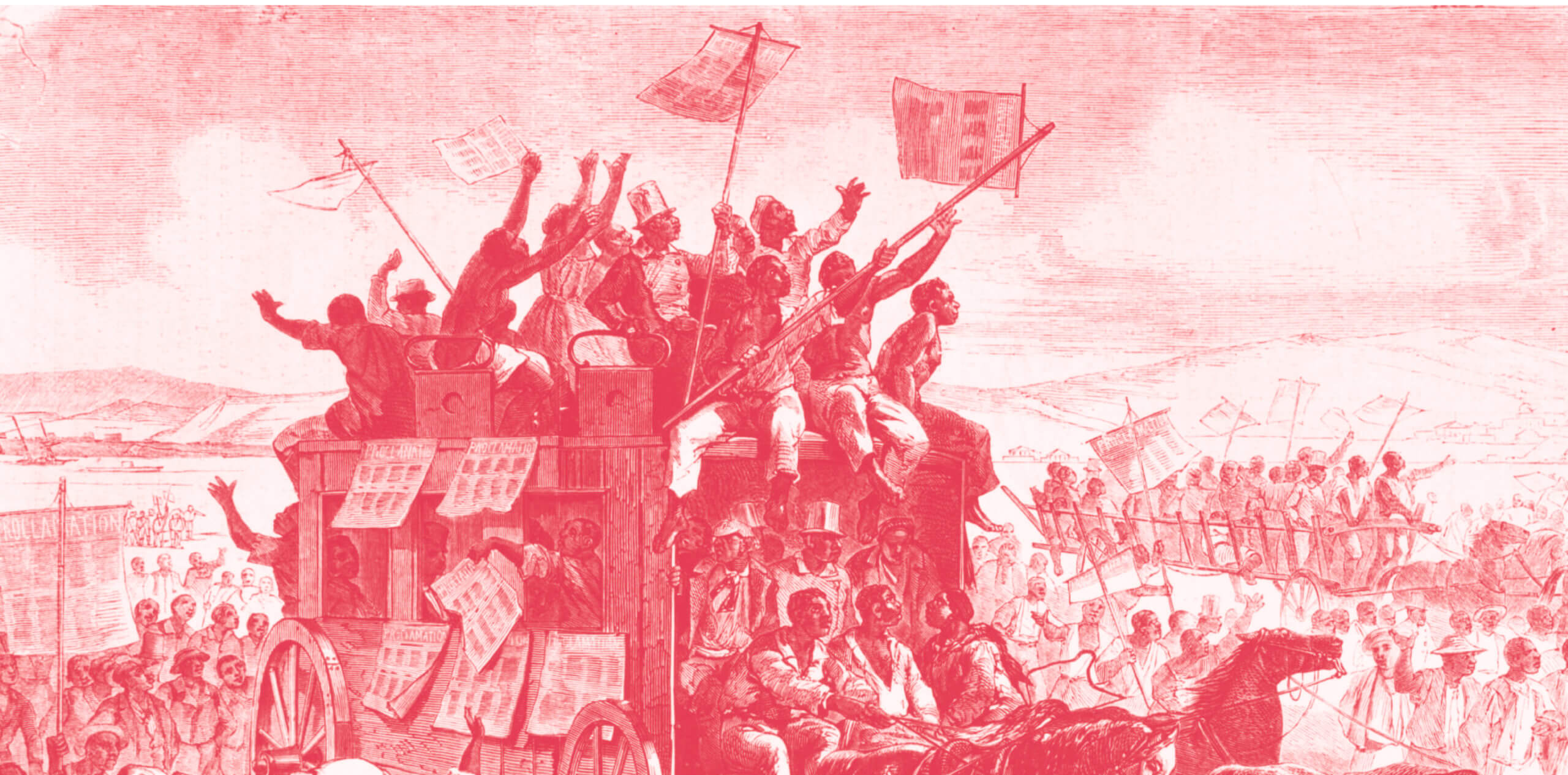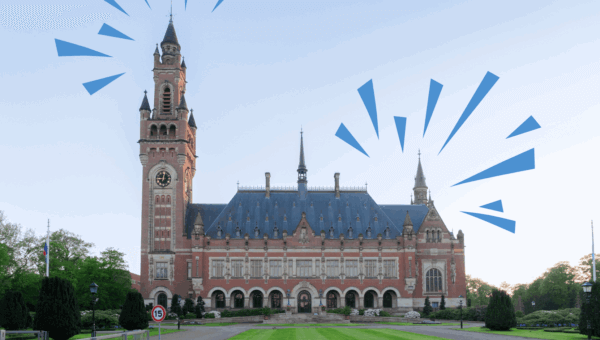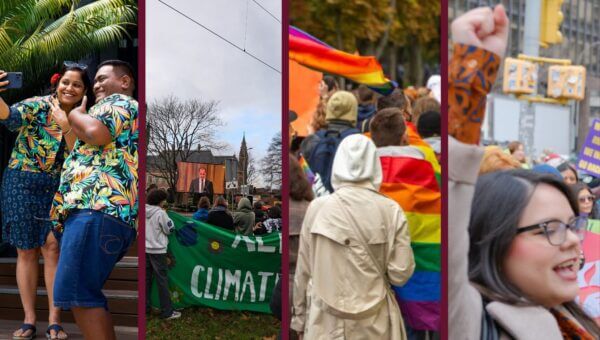June 19, 1865, was a watershed moment for Black Americans living in the American South. That was the day Union soldiers landed in Texas to inform Black men, women, and children that slavery had been abolished two years prior by 1863’s Emancipation Proclamation, signed by then President Abraham Lincoln. These people—who’d seen generation after generation of rape, murder, abuse, torture, dehumanization, and cultural decimation—were finally free to live independently and free from the shackles of an oppressive and racist system that benefited off of their labor.
The road ahead would be long and filled with adversity as former slaves and their offspring would be subjected to water hoses, literacy tests, lynchings, segregated restrooms, miscegenation laws, mass migration, and countless protests and demands for justice. The cultural genocide encapsulated in anti-Black racism is still prevalent in the United States—and in many ways, the fight for equity isn’t over—but Juneteenth is an acknowledgement of progress and liberation and beckons us to continue the fight for freedom.
Juneteenth became a federal holiday in 2021, and though this act is a tiny step toward addressing America’s “original sin,” there are still many more steps that need to be taken for equality and equity to be truly lived and felt in the United States.
Here are three ways that Juneteenth is the true Independence Day for the United States:
July 4, 1776 Was Never About True Freedom For All
Eighty-nine years prior the liberation of Black Americans in the South, the Declaration of Independence boldly advanced a revolutionary agenda to sever the ties between the 13 colonies and Great Britain. There was just one glaring—and hypocritical—conundrum: The practice of kidnapping African people and transporting them to the colonies was still alive and well. “Freedom” only truly extended to White people living in the colonies. People living under and within the confines of slavery were not treated as people, but property.
Twelve year later, the U.S. Constitution would be amended to include the “Three-Fifths Clause,” a political concession that counted a person who was enslaved as three-fifths of a person of a free individual. This clause was not a step toward recognizing the humanity of these people, but a means for southern states to have more political representation in the nascent American government. It was a compromise rooted in political gain, not human rights.
Black Liberation and Resiliency Are Powerful Metaphors for the Struggle for Human Rights
Countless times in American history, Black people have had to fight to ensure their humanity and personhood were acknowledged and respected. From the slave rebellions in the 17th and 18th Centuries to the Civil Rights movement in the 20th Century, Black Americans have fought hard and set a strong example when it comes to advocacy, activism, bravery, and persistence. Repeatedly, Black Americans have taken situations of oppression and turned their narratives against the oppressor. Some battles have been won, others have not, but what has always remained the same is the outspoken activism that calls attention to injustice and demands the United States do better.
U.S. history is filled with people and incidents that not only show the resiliency of Black people, but the oppression they’ve faced, the injustice that’s birthed from it, and the resiliency and beauty of Black culture.
- Frederick Douglass—A 19th Century Black abolitionist and suffragist who wrote eloquently of the hideousness of slavery and the need to end it as an economic and social practice in America.
- Henrietta Lacks—She died at the age of 31 in 1951, but her “immortal” cancer cells (HeLa cells) were used by White researchers to develop a polio vaccine, test treatments for cancer and HIV, study the impacts of zero gravity in space on human cells, and train thousands of scientists across the world in cell biology. There are almost 11,000 patents that involve the use of HeLa cells and science and medicine have benefitted tremendously from their use. Lacks never provided consent for her cells to be used and her family has never been compensated for their use.
- Tuskegee Syphilis Study—Between 1932 and 1972, roughly 400 Black men with syphilis were studied by doctors with the goal of understanding the disease. None of the men were informed of their syphilis diagnosis or consented to be studied. The pretense of receiving free medical care masked the true intention of studying the infection. Around 100 men died from the disease and it was spread to several participants’ wives. More than a dozen children were born with congenital syphilis. By 1947, penicillin had emerged as an effective treatment for the disease, but the participants were denied it for the sake of continuing the study. It is one of the most egregious examples of racism in medicine in the 20th Century.
- Modern Gynecology—J. Marion Sims was an American physician who in the 1840s performed gruesome experiments on enslaved women as part of his studies of the vagina. He did not provide any anesthesia for these women and no consent was given. His experiments helped advance the field of gynecology, but at the cost of the suffering and deaths of several Black women.
- Linnentown—In the early 20th Century, Linnentown, Georgia was a bustling Black town and home to 50 families in the northern part of the state. In 1962, the University of Georgia forcibly removed all of the families through eminent domain, razed all of the homes and buildings, and proceeded to build college dorms.
These are just five of many lesser-known stories about the abuse and oppression of Black people. Despite slavery, medical rape, forced displacement, and dehumanization, the Black community has still advocated tirelessly for progress and justice. That day in mid-June in 1865 would be the impetus for many travails, but also many triumphs.
Black Activism Makes American Democracy Work For All of Us
From the Civil Rights Movement to Black Lives Matter, the advocacy of Black Americans has continually kept progress and the fight for justice moving forward. The Civil Rights movement played an instrumental role in so many other movements for change, from women’s rights to the LGBTQ+ and anti-war movements. Even today, Black activism is responsible for a range of social justice and human rights victories, including:
- Reforms in the criminal legal system
- Increased scrutiny of federal and local law enforcement
- Hate crime legislation
- Efforts to stem the tide of mass incarceration
- Laws protecting certain groups from discrimination in housing, employment, public spaces, and education
As we celebrate Juneteenth, we commemorate the abolition of slavery, but also Black liberation and the many advancements Black activism has ushered around the nation. As we reflect on this day and its role in history, we understand that “freedom” never really is freedom unless each and every one of us experiences in all of our personhoods and identities.




